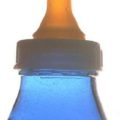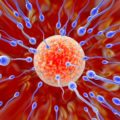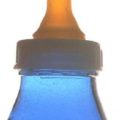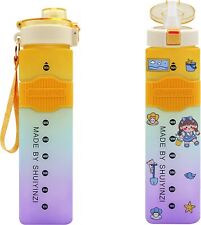 \
\
As well as its already documented effects on fetuses in the womb, widely used chemical bisphenol A (BPA) has been found to retard the growth of follicles of adult mice and significantly alter their production of steroid hormones. This new study, to be presented at the Society for the Study of Reproduction, is the first to show that chronic exposure to low doses of BPA can impair the growth and function of adult reproductive cells.
BPA is widely used in plastics and is a common component of food containers and baby bottles. The chemical structure of BPA is similar to that of estradiol, a key steroid hormone, and it can bind to estrogen receptors on the surface of some cells.
The University of Illinois researchers behind the new study explained how a healthy, mature follicle (an antral follicle) includes a single egg cell surrounded by layers of cells and fluid which support the egg and produce steroid hormones. “These are the only follicles that are capable of ovulating and so if they don’t grow properly they’re not going to ovulate and there could be fertility issues,” researcher Jodi Flaws said. “These follicles also make sex steroid hormones, and so if they don’t grow properly you’re not going to get proper amounts of these hormones.” Such hormones are essential for reproduction, she added, “but they’re also required for healthy bones, a healthy heart and a healthy mood.”
The new study found that follicle growth was impaired after 48 hours of exposure to BPA. Reductions in three key steroid hormones – progesterone, testosterone and estradiol – were also seen after 120 hours of exposure to BPA. The drop in steroid hormone production was quite dramatic, said the researchers. After 120 hours in a medium that included 10 micrograms per milliliter of BPA, mouse follicle cells produced about 85 percent less estradiol, 97 percent less progesterone and 95 percent less testosterone. Lower doses of BPA had a less dramatic – but still considerable – dampening effect on steroid hormone levels.
Related:
BPA exposure during pregnancy alters offspring’s DNA
Fresh concerns about BPA
Experts demand FDA act on BPA report
Estrogen contamination in bottled water “just the tip of the iceberg”…


















Comments are closed.